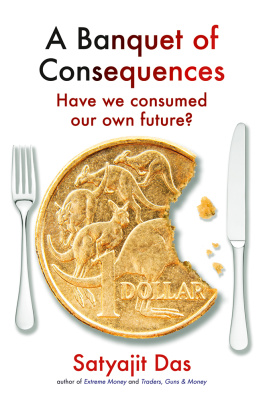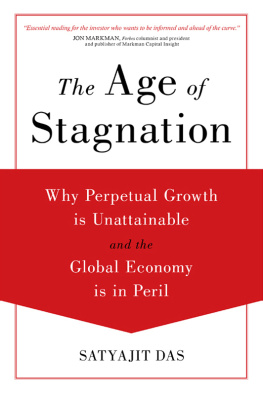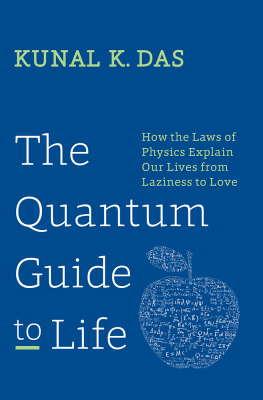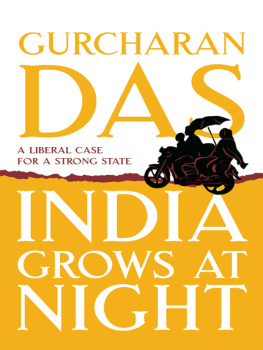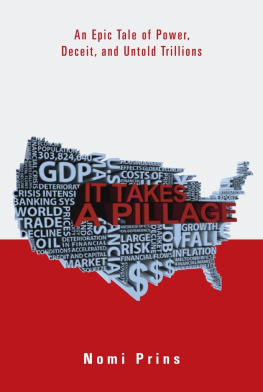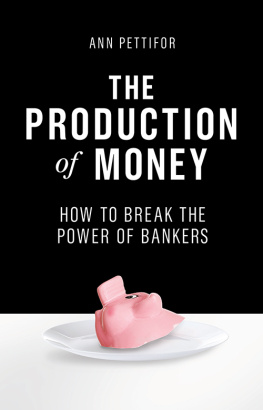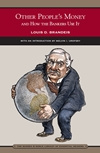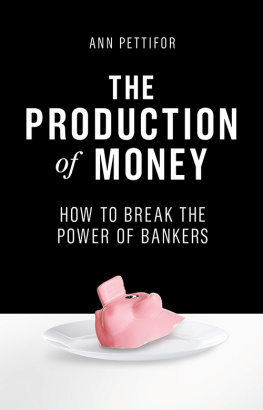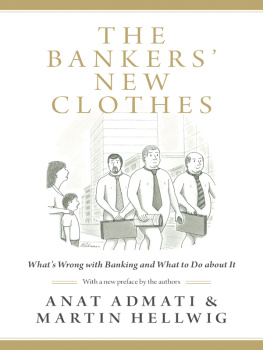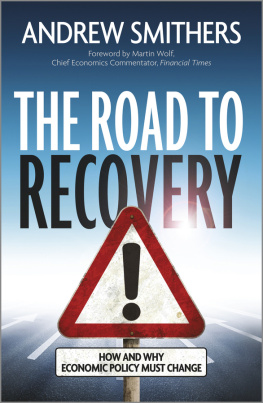I would like to thank Ben Ball, Publishing Director at Penguin Australia for his brave and enthusiastic support for the book from inception.
A special thanks to my editor, Meredith Rose, who worked with me patiently and very closely in improving the book without ever losing its essence. I would like also to thank the skilled and diligent team at Penguin, including Rebecca Bauert who carefully helped sort out the proofs and correct my errors, John Canty (designer), Johannes Jakob and Imogen Dewey (editorial assistance), Tracey Jarrett (production controller) and Jeanne Rudd (who prepared the index).
The epigraph by George F. Kennan is from his book American Diplomacy 19001950, University of Chicago Press, 1951, p. 66. The second epigraph is attributed to George Orwell but there is no evidence that he said or wrote it; see quote investigator. Grateful acknowledgement is made to the following for permission to reproduce copyrighted material: an extract (on page 7) from Mere Christianity by C.S. Lewis copyright CS Lewis Pte Ltd 1942, 1943, 1944, 1952. Reproduced by permission of The CS Lewis Company Ltd. Extracts (on pages 22122, 224) from George Orwell: Essays by George Orwell with an introduction by Bernard Crick. First published as The Collected Essays: Journalism and Letters of George Orwell volumes 14, Martin Secker & Warburg 1968. This edition Penguin Books 2000, copyright George Orwell and the Estate of Sonia Brownell Orwell, 1984. Introduction copyright Bernard Crick, 1994, copyright 1950 by Houghton Mifflin Harcourt Publishing Company, copyright renewed 1978 by Sonia Brownell. Reproduced by permission of Penguin Books Ltd; Bill Hamilton as the Literary Executor of the Estate of the Late Sonia Brownell Orwell and Houghton Mifflin Harcourt Publishing Company. All rights reserved.
SELECTED FURTHER READING
The list below sets out suggestions for further reading on different aspects of the matters covered in A Banquet of Consequences. The list is not comprehensive and reflects the authors biases and prejudices.
Economic History
Piers Brendon, The Dark Valley: A Panorama of the 1930s, Pimlico, 2000.
John Brooks, The Go-Go Years: The Drama and Crashing Finale of Wall Streets Bullish 60s, John Wiley, 1998.
John Cassidy, dot.con, Perennial, 2002.
Adam Ferguson, When Money Dies: The Nightmare of the Weimar Hyper-Inflation, Old Street Publishing, 2010.
Niall Ferguson, The Ascent of Money, Allen Lane, 2008.
Julie Froud, Sukhdev Johal, Adam Leaver and Karel Williams, Financialization and Strategy: Narrative and Numbers, Routledge, 2006.
John Kenneth Galbraith, The Great Crash, 1929, Penguin, 1975.
The Age of Uncertainty, Houghton Mifflin, 1977.
The Affluent Society, Mariner, 1998.
Jon Gertner, The Idea Factory: Bell Labs and The Great Age of American Innovation, Penguin, 2012.
Michael A. Hiltzik, Dealers of Lightning: Xerox PARC and the Dawn of the Computer Age, Harper Business, 1991.
Tony Judt, Postwar: A History of Europe Since 1945, Vintage, 2005.
Charles P. Kindleberger, Manias, Panics and Crashes: A History of Financial Crisis, Basic Books, 1978.
Luuk van Middelaar, The Passage to Europe: How a Continent Became a Union, Yale University Press, 2013.
Lawrence E. Mitchell, The Speculation Economy: How Finance Triumphed Over Industry, Berrett-Koehler Publishing, 2007.
Jrgen Osterhammel, The Transformation of the World: A Global History of the Nineteenth Century, Princeton University Press, 2014.
R. Taggart Murphy, Japan and the Shackles of the Past, Oxford University Press, 2014.
Christopher Wood, The Bubble Economy: Japans Extraordinary Speculative Boom of the 80s and the Dramatic Bust of the 90s, Solstice Publishing, 2006.
The Global Financial Crisis
John Authers, The Fearful Rise of Markets: A Short View of Global Bubbles and Synchronised Meltdowns, FT Prentice Hall, 2010.
William D. Cohan, House of Cards: How Wall Streets Gamblers Broke Capitalism, Allen Lane, 2009.
Satyajit Das, Traders Guns and Money: Knowns and Unknowns in the Dazzling Worldof Financial Derivatives, FT Prentice Hall, 2006.
Extreme Money: The Masters of the Universe and the Cult of Risk, Penguin Books Australia, 2014.
Andrew Gamble, The Spectre at the Feast: Capitalist Crisis and the Politics of Recession, Palgrave MacMillan, 2009.
Simon Johnson and James Kwak, 13 Bankers: The Wall Street Takeover and the Next Financial Meltdown, Pantheon Books, 2010.
sgeir Jnsson, Why Iceland?: How One of The Worlds Smallest Countries Became The Meltdowns Biggest Casualty, McGraw Hill, 2009.
Randall Lane, The Zeroes: My Misadventures in the Decade Wall Street Went Insane, Portfolio, 2010.
Michael Lewis, The Big Short: Inside the Doomsday Machine, Allen Lane, 2010.
Jason Manolopoulos, Greeces Odious Debt: The Looting of the Hellenic Republic by the Euro, the Political Elite and the Investment Community, Anthem, 2011.
Charles Morris, The Two Trillion Dollar Meltdown: Easy Money, High Rollers and the Great Credit Crash, Public Affairs, 2008.
Yves Smith, ECONned: How Unenlightened Self Interest Undermined Democracy and Corrupted Capitalism, Palgrave Macmillan, 2010.
Andrew Ross Sorkin, Too Big to Fail: Inside the Battle to Save Wall Street, Allen Lane, 2009.
Gillian Tett, Fools Gold: How Unrestrained Greed Corrupted a Dream, Shattered Global Markets and Unleashed a Catastrophe, Little Brown, 2009.
Economic Policy and Central Banking
Liaquat Ahamed, Lords of Finance: The Bankers Who Broke the World, Penguin, 2009.
Peter L. Bernstein, Against The Gods: The Remarkable Story of Risk, John Wiley, 1996.
Luigi Buttiglione, Philip R. Lane, Lucrezia Reichlin and Vincent Reinhart, Deleveraging, What Deleveraging? The 16th Geneva Report on the World Economy, International Center For Monetary and Banking Studies, 2014.
John Cassidy, How Markets Fail: The Logic of Economic Calamities, Allen Lane, 2009.
Edward Chancellor, Devil Take The Hindmost, Plume Books, 2000.
Richard Dobbs, Susan Lund, Jonathan Woetzel and Mina Mutafchieva, Debt and (not much) deleveraging, McKinsey Global Institute, 2015.
Richard Dobbs, Susan Lund, Tim Koller and Ari Shwayder,

